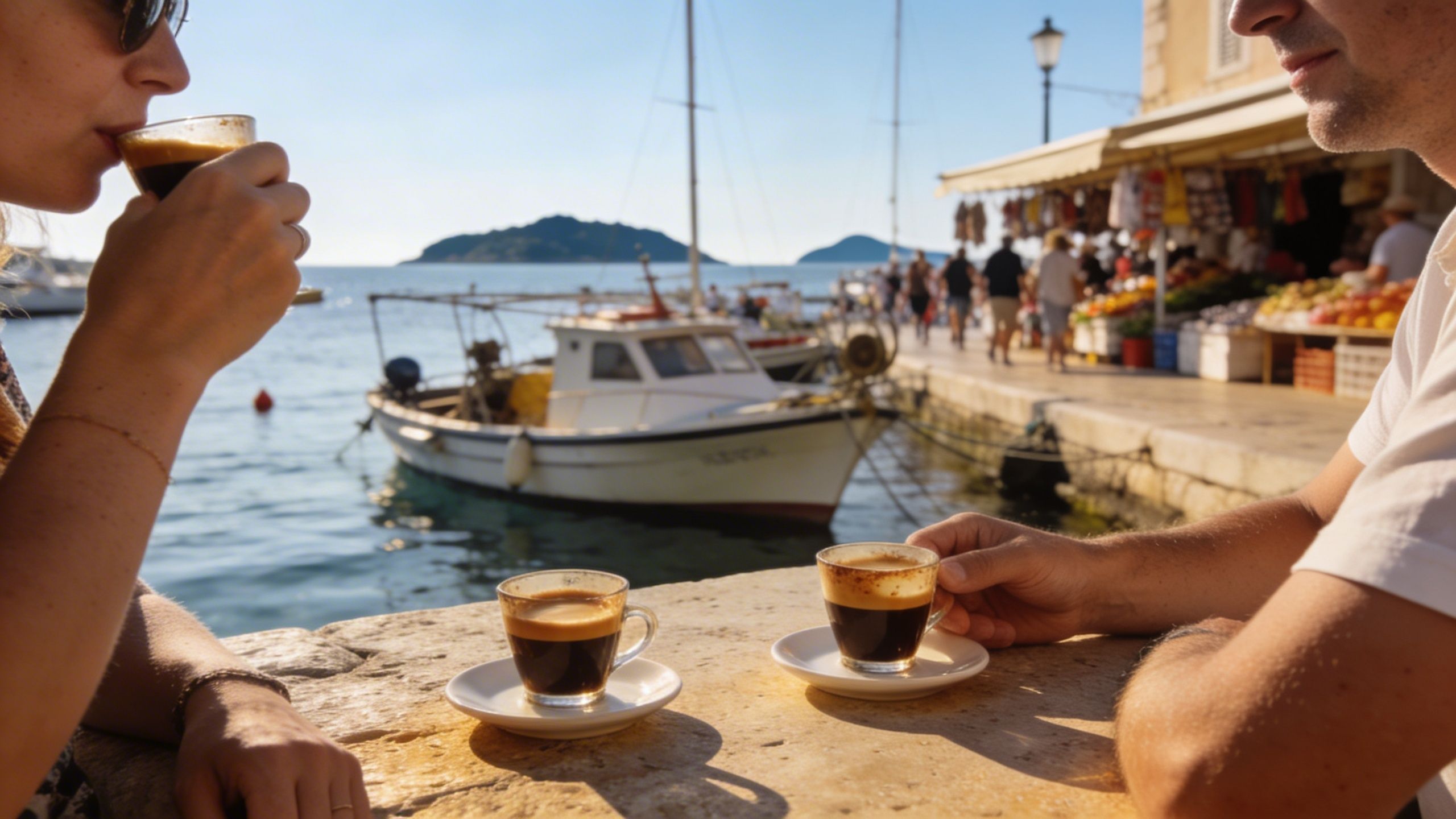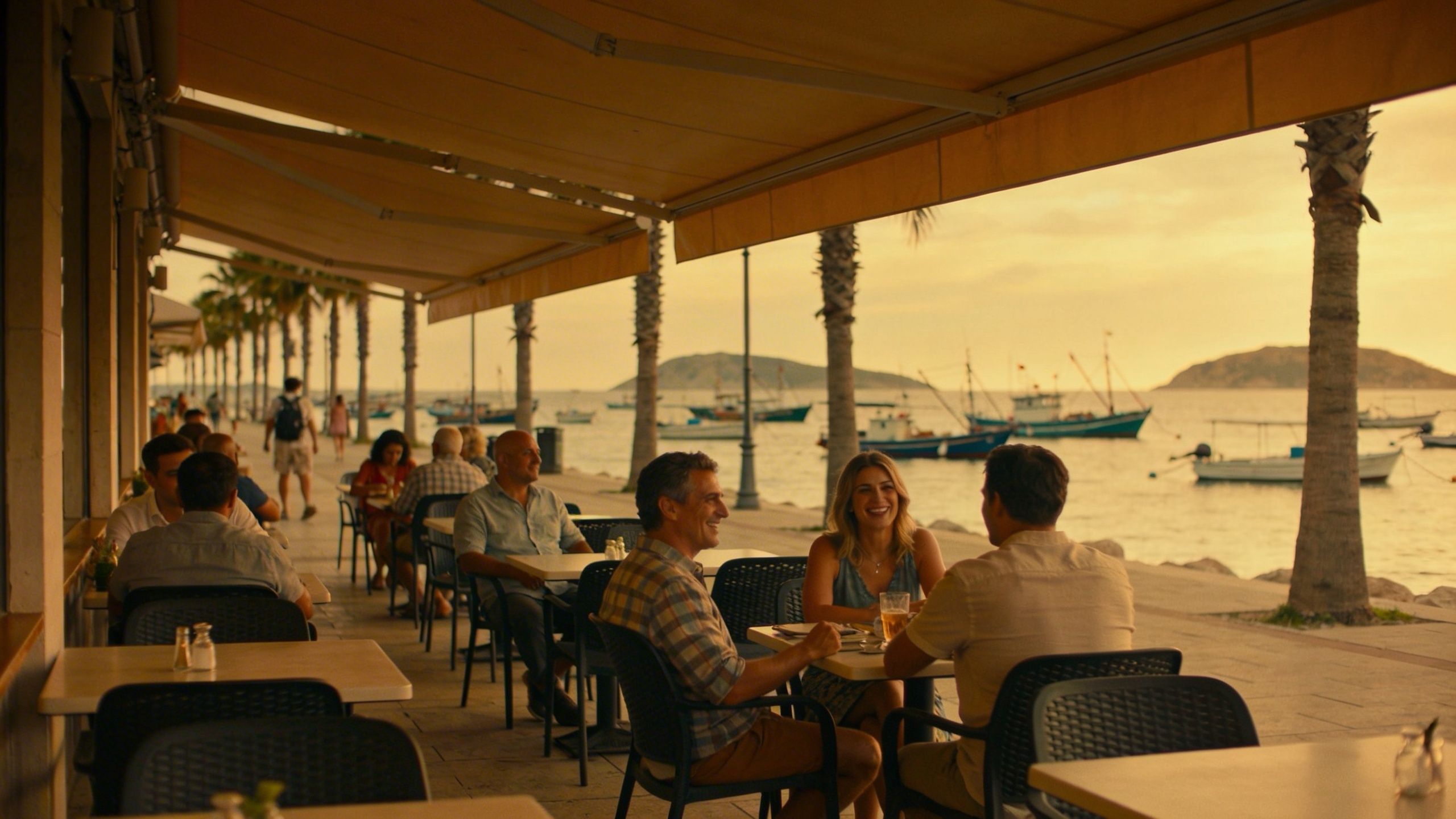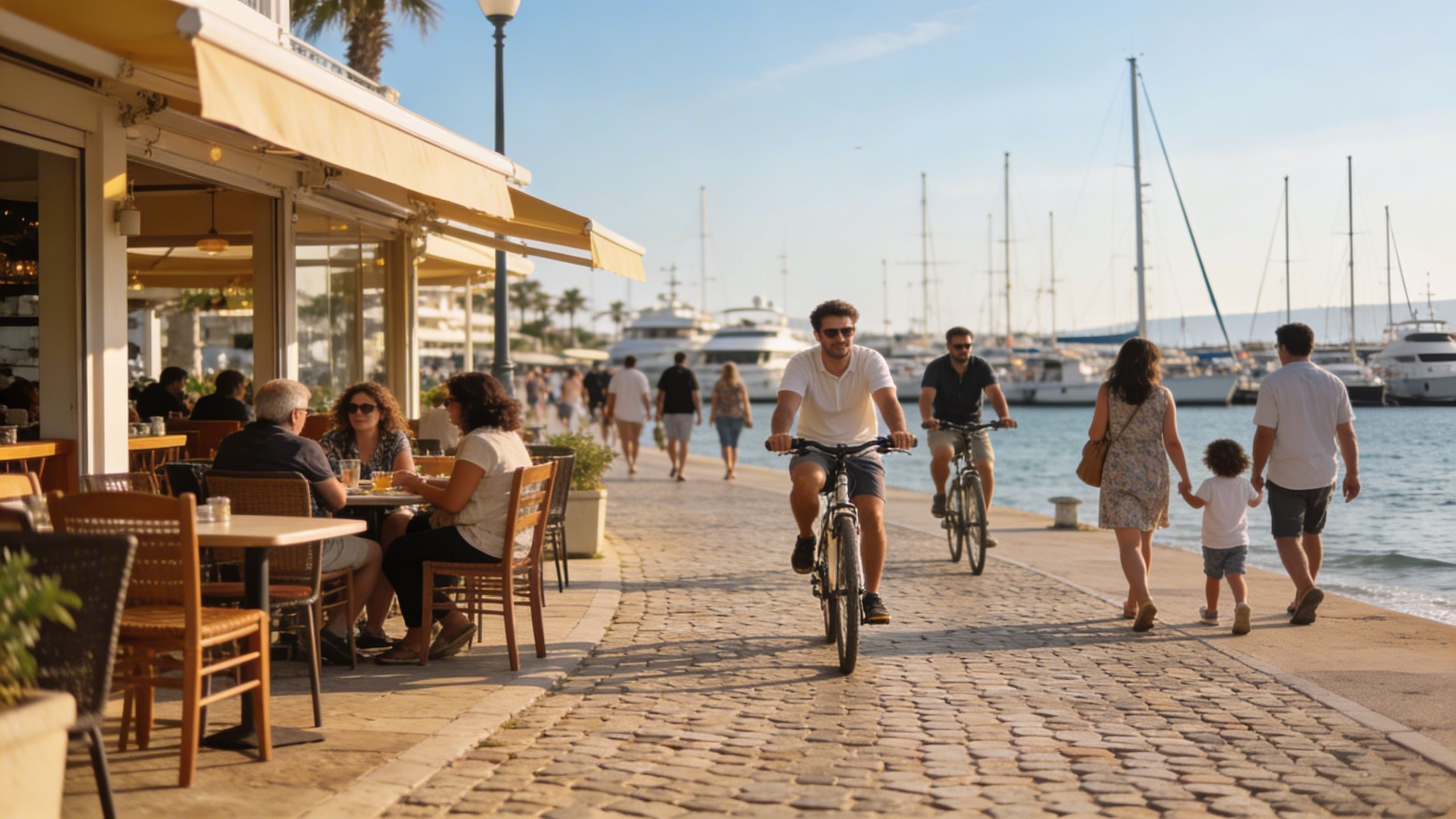Tax Traps & Timing: Scenario Playbook for France
A lifestyle-first scenario playbook for buying in France: blend INSEE-backed trends with neighbourhood rhythms, tax checks and three timing scenarios to buy confidently.
Imagine sipping espresso at a rue-corner café in Aix, cycling along the Promenade des Anglais at dawn, or unpacking boxes in a stone farmhouse outside Bordeaux. Life in France combines ritual and ease: weekly markets, late-afternoon boulangeries, and seasons that shape daily routines. These sensory rhythms matter to buyers because they determine which property type, neighbourhood and purchase timeline will truly deliver the lifestyle you expect. According to recent market analysis, France’s housing market has moved from prolonged stagnation into a patchwork recovery — and that shift changes what scenarios make sense for international buyers.
Living the French life: what you’ll wake up to
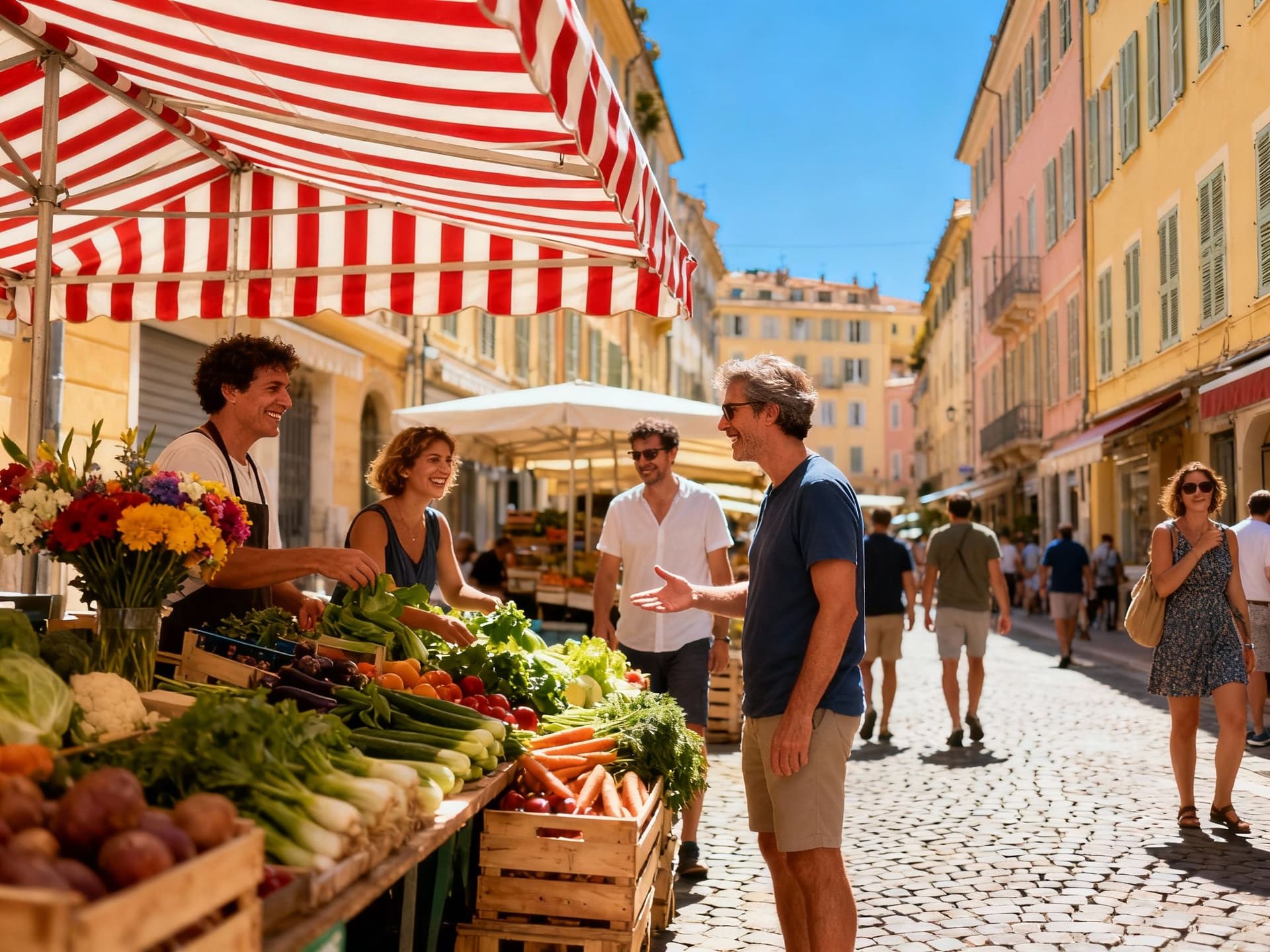
Daily life in France depends on place and season. In Paris you’ll hear early metro announcements and see cafés full at 10:00; on the Côte d’Azur mornings can smell of sea salt and pastries; in rural Nouvelle-Aquitaine you’ll find markets that shape the weekend. For international buyers the sensory detail matters: a compact Paris flat supports a different routine (and renovation budget) than a seaside villa built for summer living. Think beyond square metres — ask how sunlight, public transport, and local services map onto your calendar and preferences.
Neighbourhoods that set the pace
Each French neighbourhood has a distinct tempo. In Marseille’s Le Panier you’ll find artisanal shops and a working harbour; Nice’s Vieux-Nice offers narrow streets, marché Saleya and ongoing summer energy; Lyon’s Croix-Rousse is quieter by evening with a strong local community feel. When choosing an area, visit different times of day and different seasons: summer weekends on the Riviera differ sharply from winter weekdays. These visits reveal noise patterns, parking pressure, and the local mix of full-time residents versus holiday lets — all of which influence rental prospects and long-term satisfaction.
Food, markets and rituals that matter
Food culture in France structures social life: morning boulangeries, Saturday marché staples, and neighbourhood bistros that double as community hubs. If weekend market access is a priority, properties near Marché d’Aligre (Paris), Cours Saleya (Nice) or Les Halles de Lyon offer convenience and lifestyle value. For buyers, proximity to fresh food markets often correlates with stronger long-term demand and higher per-square-metre prices, particularly in well-served urban neighbourhoods where quality of life drives buyer choice.
- Rue-level highlights to experience before you buy: Marché d’Aligre (Paris); Promenade des Anglais (Nice) morning cycle; Vieux-Nice’s marché Saleya; Quai Saint-Antoine in Lyon; oyster bars along Cap Ferret; weekly brocantes in Provence.
Making the move: practical considerations that preserve lifestyle
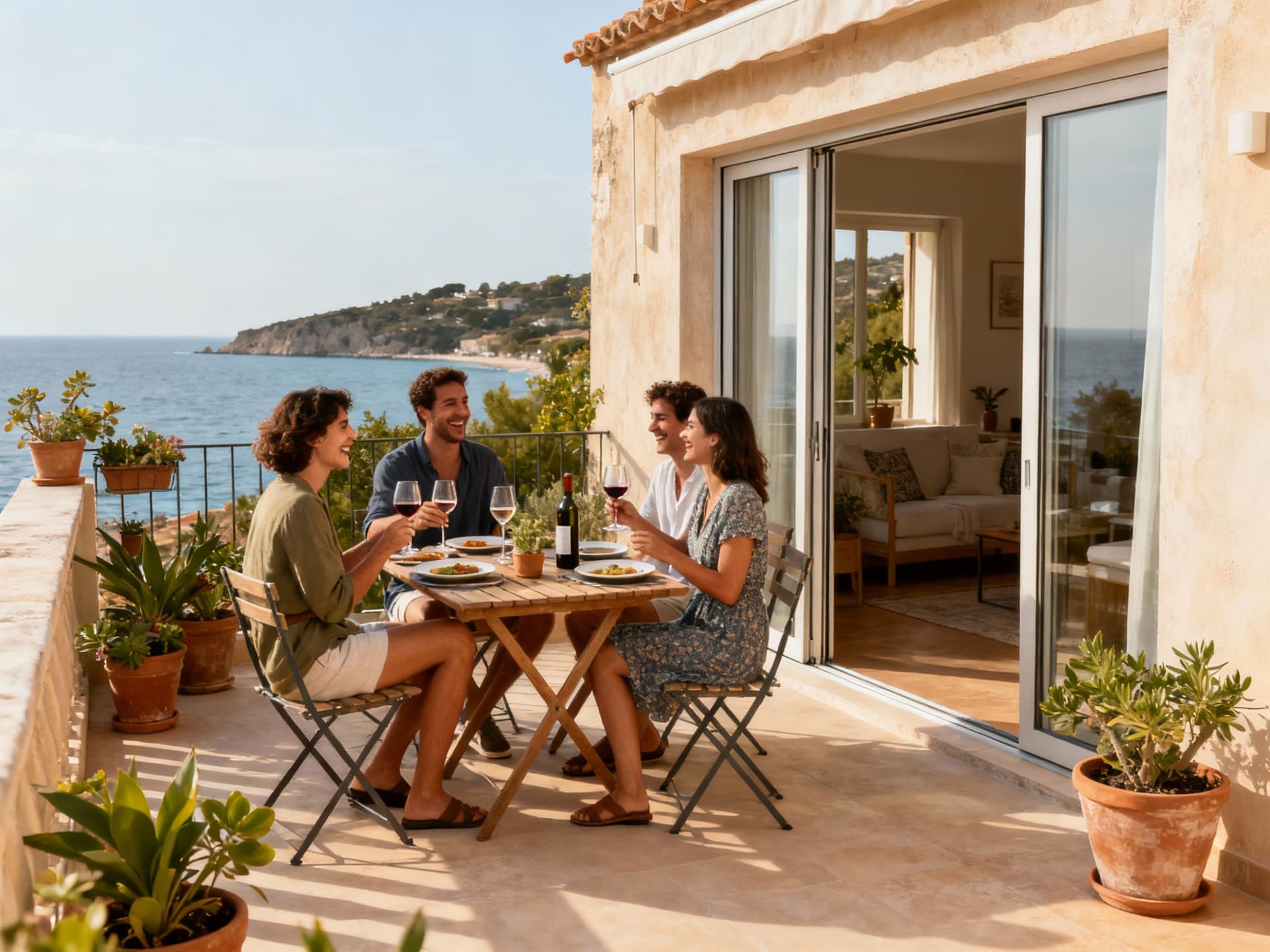
Turning a lifestyle idea into a purchase requires mapping timing, taxes and local supply. Market data shows France’s price trend is uneven: after several quarters of decline, indices recorded modest quarterly gains in early 2025, with new-builds and sought-after urban centres showing firmer movement. That means timing matters — mortgage rates, transaction volumes and local demand drive short-term price shifts even where long-term fundamentals remain solid. Use official data to build scenarios: stable-hold, moderate-growth, and higher-cost windows, each with different buying and financing implications.
Property styles and how they shape daily life
Stone houses and farmsteads offer space and privacy but often demand higher running costs (insulation, plumbing, rural transport). City apartments prioritise convenience and lower upkeep but trade outdoor space for location. New developments deliver energy performance and warranties that reduce initial maintenance, while older period homes offer character and possible tax advantages when renovated. Match the property style to how you’ll live year-round: if you plan split-season living, prioritise low-maintenance builds with good rental appeal.
Working with local experts who understand life, not just listings
A good local agency bridges lifestyle and due diligence: they translate local customs (preference for certain lease lengths, seasonal tourist demand), advise on renovation norms, and connect you to notaires and tax advisers. Agencies familiar with cross-border buyers also explain residence rules, non-resident tax obligations and what paperwork accelerates a reliable purchase. Treat agencies as lifestyle enablers — test them on local knowledge, language capability and transparency about fees and off-market options.
- Step-by-step decision checklist: 1) Map desired lifestyle priorities and non-negotiables (commute, schools, market days). 2) Create three timing scenarios based on interest rate and price movement. 3) Commission an energy and structural survey for any older home. 4) Engage a bilingual notaire early to clarify tax exposure and succession rules. 5) Plan a sample one-year budget including property tax (taxe foncière), insurance and realistic maintenance.
Insider knowledge: what expats wish they’d known
Long-term contentment in France often hinges on small cultural adjustments: mastering administrative rhythms, understanding seasonal service reductions in small towns, and learning how local social life centres on calendared events rather than spontaneous gatherings. Expat communities are strong in places like Antibes, Biarritz and parts of Provence, but social integration deepens when you invest time in local associations, language classes and the marché. These habits not only improve quality of life but also protect property value through better local relationships and stewardship.
Language, community and daily routines
Basic French helps everywhere: even simple phrases smooth negotiations with builders, syndics and neighbourhood shopkeepers. Expect slower administrative timelines than some countries — documents often take longer and regional offices can operate on reduced hours outside urban centres. Join local groups early (sports clubs, market regulars, language tandems) to understand unadvertised rules about parking, waste collection and seasonal rentals that affect your property’s practical value.
Long-term lifestyle sustainability and financial planning
Regional differences matter for resilience: densely populated and tourist areas show stronger price dispersion and often greater liquidity, while rural areas can offer lower entry prices but longer resale horizons. Factor in evolving climate and tourism trends (seasonal demand, ski-resort luxury development) when forecasting rental or resale scenarios. Use official regional statistics to stress-test your scenario assumptions — conservative, base and optimistic — and adjust expected hold periods accordingly.
- Red flags and quick checks before making an offer: unusually low price in a high-demand area; incomplete energy performance (DPE) reports; unclear building co-ownership (copropriété) accounts; planning constraints for renovation; inconsistent rental occupancy data for holiday lets.
Conclusion: France offers layered lifestyles — from coastal mornings and market rituals to compact urban living — and each layer requires a tailored market scenario. Start with a lifestyle brief, model three realistic market scenarios using official data and local intelligence, and engage a trusted bilingual notaire and agency to convert the dream into a secure transaction. When lifestyle and finance align, your purchase becomes more than a property: it becomes an everyday life that feels like home.
Norwegian market analyst who relocated to Mallorca in 2020. Focuses on data-driven market insights and smooth relocation for international buyers.
